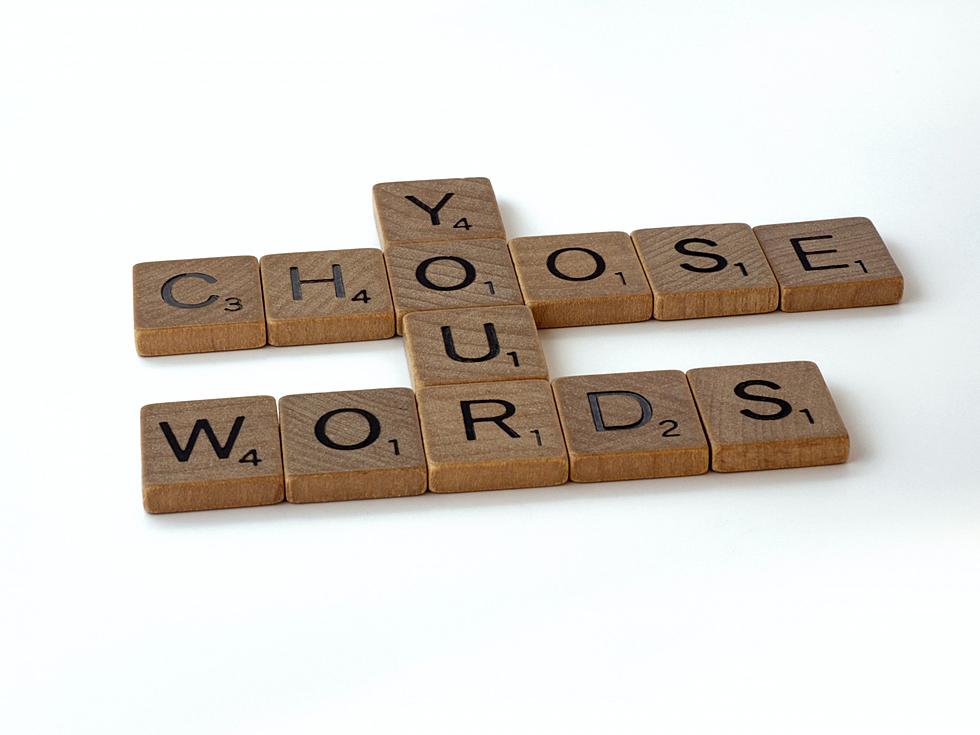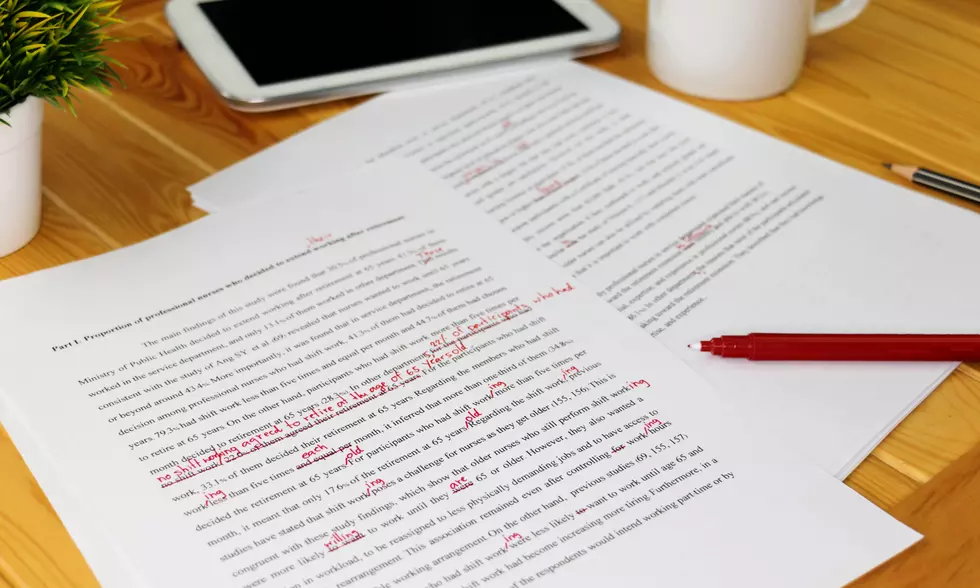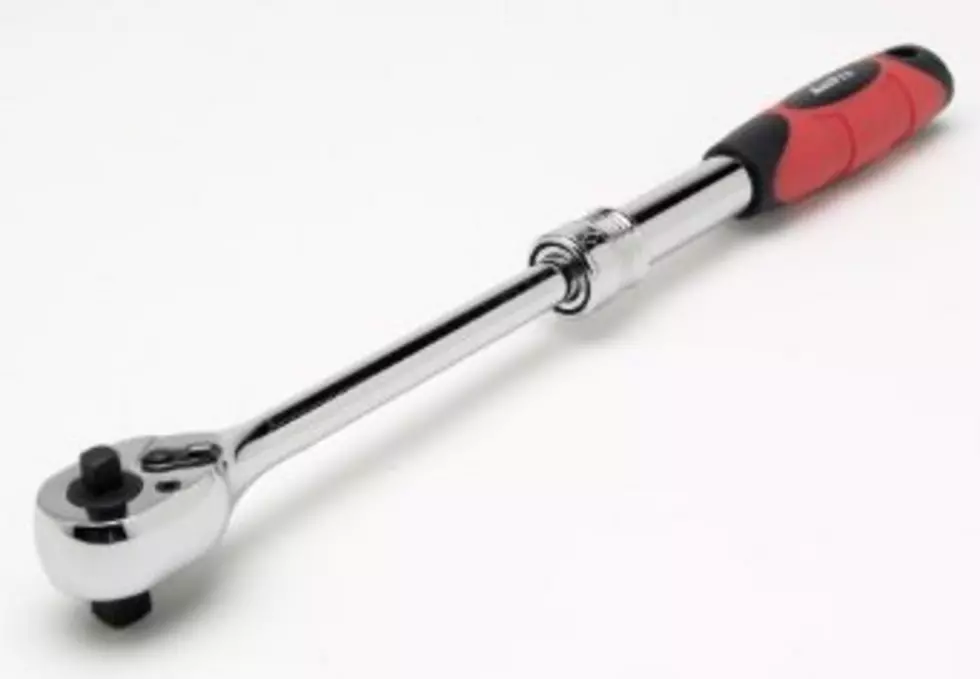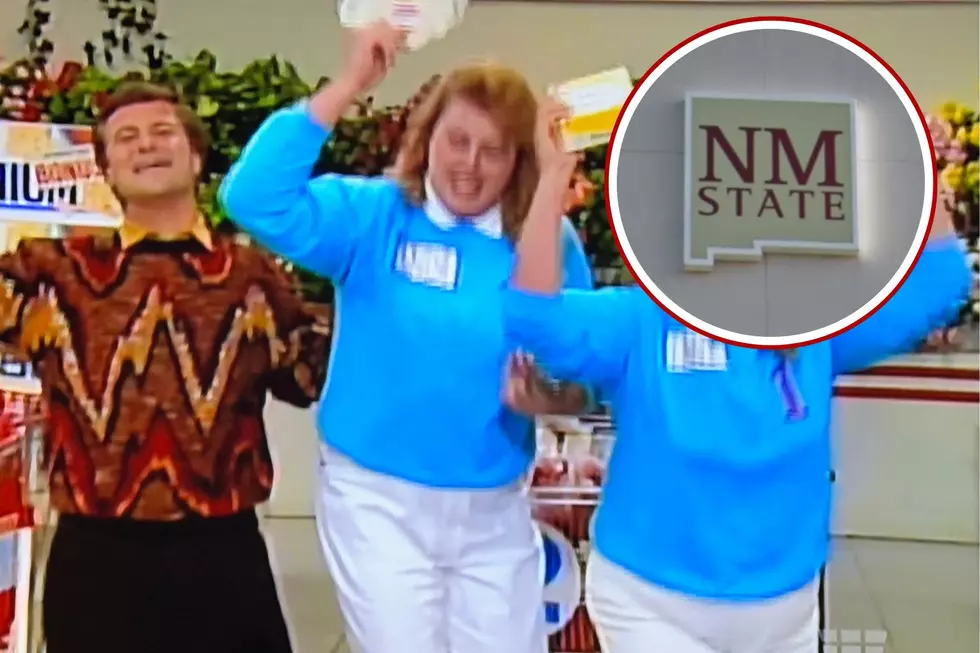
Nat’l Grammar Month: 3 Easy Steps to Writing Gooder
National Grammar Day was Friday and it’s not too late to brush up.
There used to be an ad that would run on the radio to improve your vocabulary and it would begin with, “people DO judge you by the words you use”. Maybe it shouldn’t be that way but it is. I’m not a grammar hardliner but when I see someone make a common spelling or usage error, I silently deduct points. Especially, if it’s a written error. ESPECIALLY, if it’s part of an angry online post in which the errant poster is criticizing someone for being “dumb” or “uneducated”.

Everybody makes grammatical errors. I do all the time and I was an English Lit major. Nobody, except the biggest grammar knobs, is going to expect everyone to be perfect with everything they write and say. But there are a few “big ones” that really can make you needlessly come off as “not a person whose opinion should carry a lot of weight” if you know what I mean.
Here are the three mistakes that account for a lot of the “grammar judgment”. I picked these because they’re a.) really, really common and b.) super easy to fix. Seriously, you can learn this in 10 minutes and it will solve 90% of your bad writing/speaking.
1.) The Difference between “There”, “Their” and “They’re”
Even if you have a doctorate, if you use the wrong version of “their/there/they’re” people will automatically assume you dropped out in 10th grade.
There- this adverb is describing a place or location. “Are you going to be there?” “There will be cookies and punch provided.”
Their- think of something belonging to someone. “They” is the pronoun and “their” is the possessive case of “they”. “Their car could use a wash”. “They couldn’t find their own ass with both hands and a map”.
They’re- this should be the easiest but, for some reason, it trips up so many people. “They’re” is a contraction of the words “they” and “are”. “They’re not going to think you’re smart if you wrote ‘there’ at the beginning of this sentence”. If what you want to say is “they are” you use the contraction “they’re”.
2.) To/Two/Too
“To” is a preposition that was taught to me in grade school as “anywhere a squirrel can go”. Hey, I grew up in a small town and we had lots of squirrels. “I want to go to the Monster Jam”. “To” is a very versatile word and you may have noticed I used it twice in that sample sentence. There are so MANY ways to (there it is again!) use “to” it might be best to use it when the other two (aha!) forms AREN’T being used. “Too” and “Two” are much narrower and MUCH simpler.
“Two” is the number. It’s that easy.
“Too” can mean “also” and this is probably the most common usage. “Too” can also indicate that something is excessive: “I’m too tired to write more than 250 words today”.
Remember what “two” and “too” are used for and, then, just use “to” for everything else.
3.) “Supposedly” vs. “Supposably”.
You can get away with verbal grammar mistakes because, well…people don’t talk like robots and, unlike written errors, there’s no record of it.
However, there is one verbal grammatical error that is especially egregious and especially common in El Paso. It screams out like a blaring siren, “I AM NOT SMART!”
Many people will tell you that “supposably” is not a word. Even spellcheck doesn’t recognize it as a word. It is, though. “Supposably” is the adverb form of “supposable” which means “capable of being supposed or conceived”.
“Supposable” and “supposably” are almost never, ever used. I would say it’s an archaic word but I doubt if it’s ever been in popular use.
The word most people are wanting to use is “supposedly” with a “d” instead of a “b”. If someone wants to know if the bus is coming you can say, “It’s supposed to” or, you could be briefer and say, “Supposedly”.
My advice: never use “supposably”. It’s hardly ever used correctly and, even if you did, people would assume you were making a mistake. Better to stick with “supposedly”.
KEEP READING: Here are 50 of the most famous sports goofs
More From KLAQ El Paso









